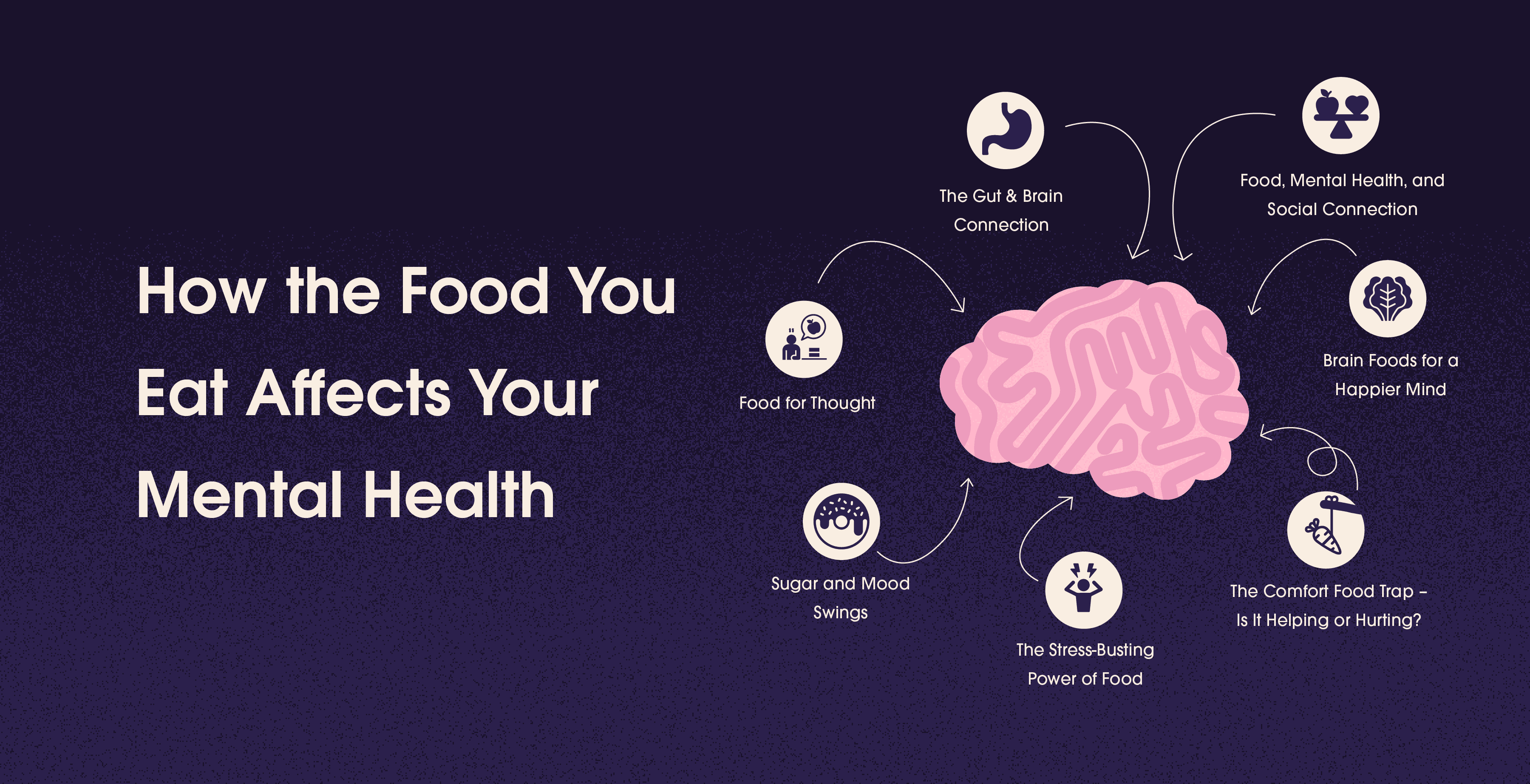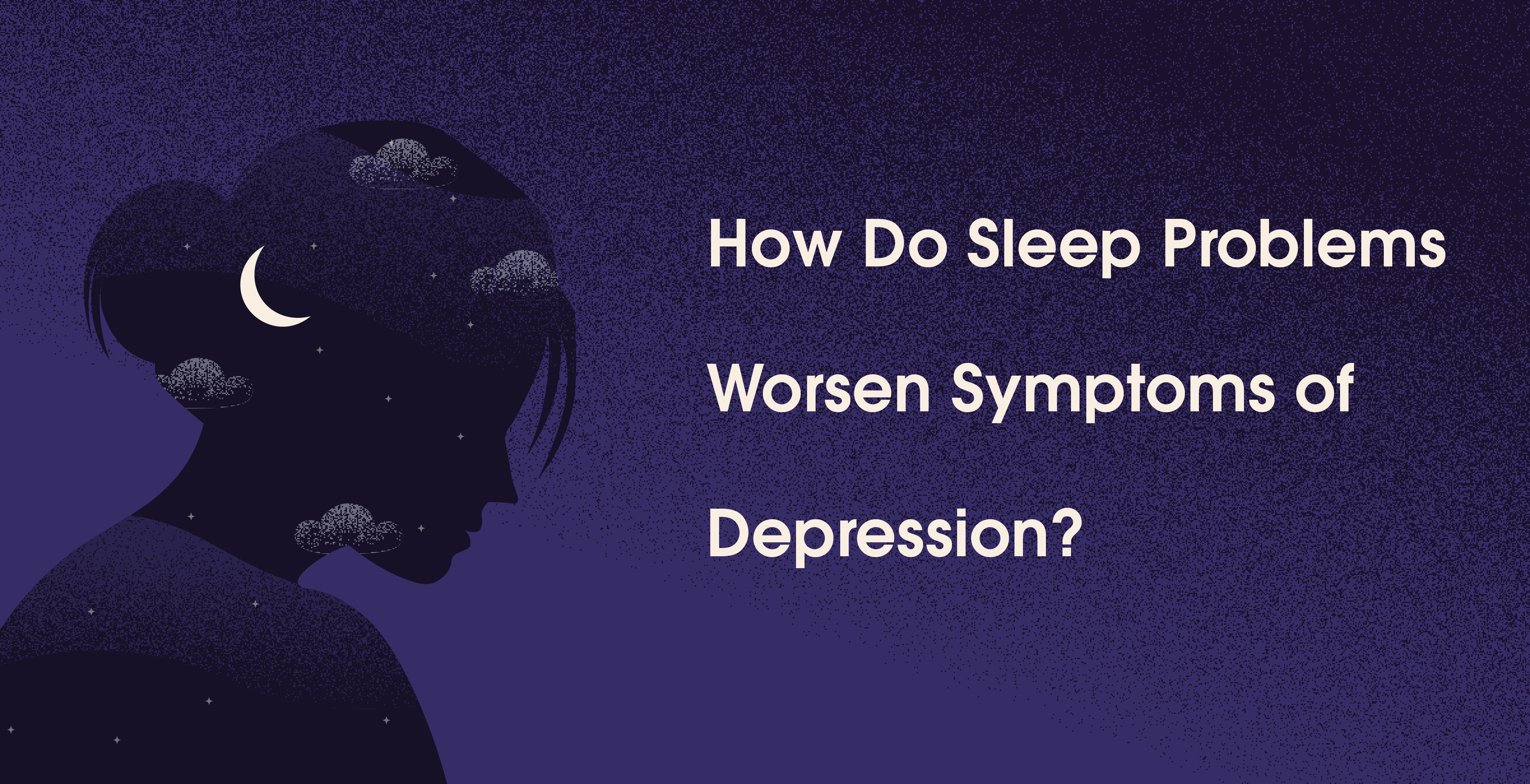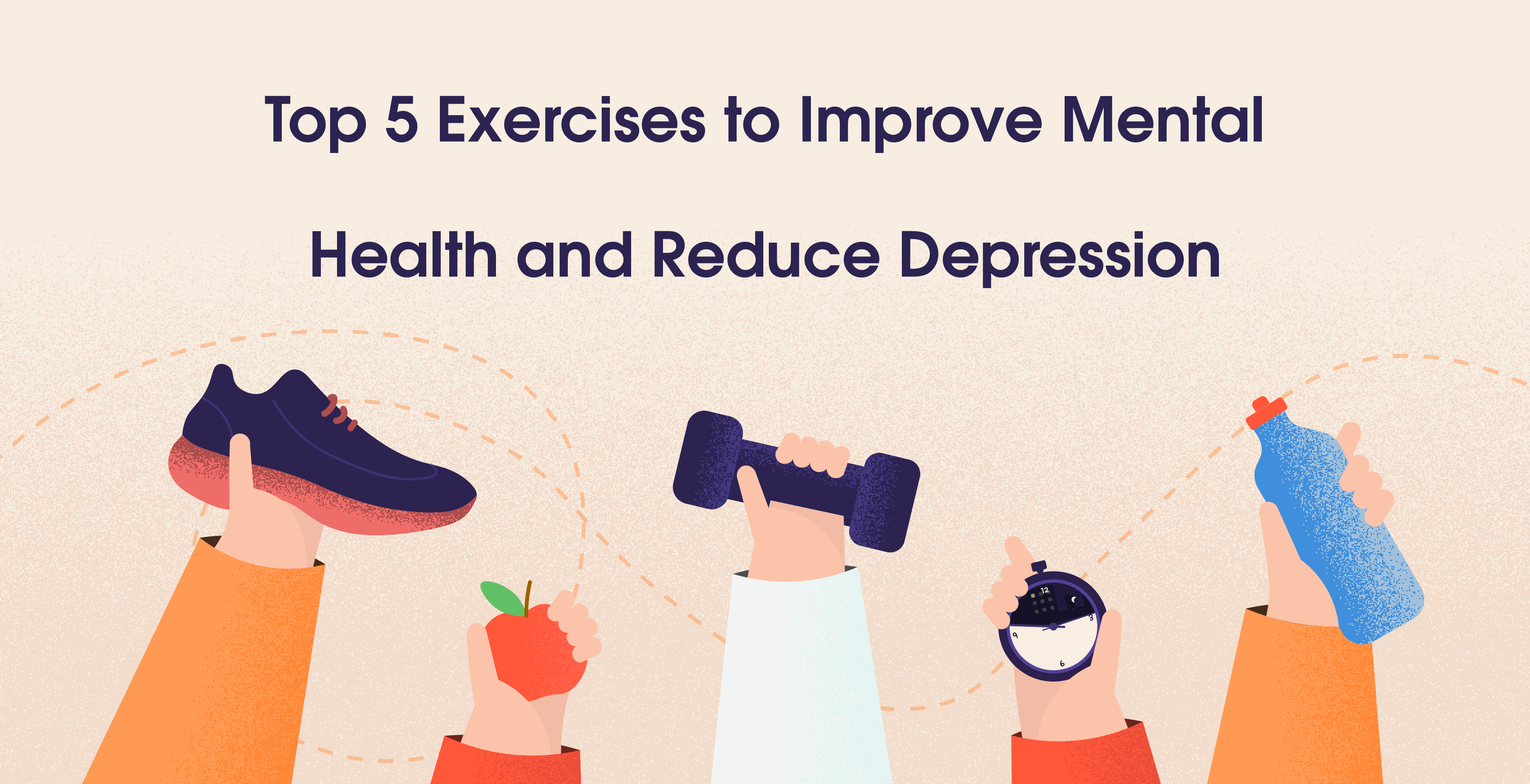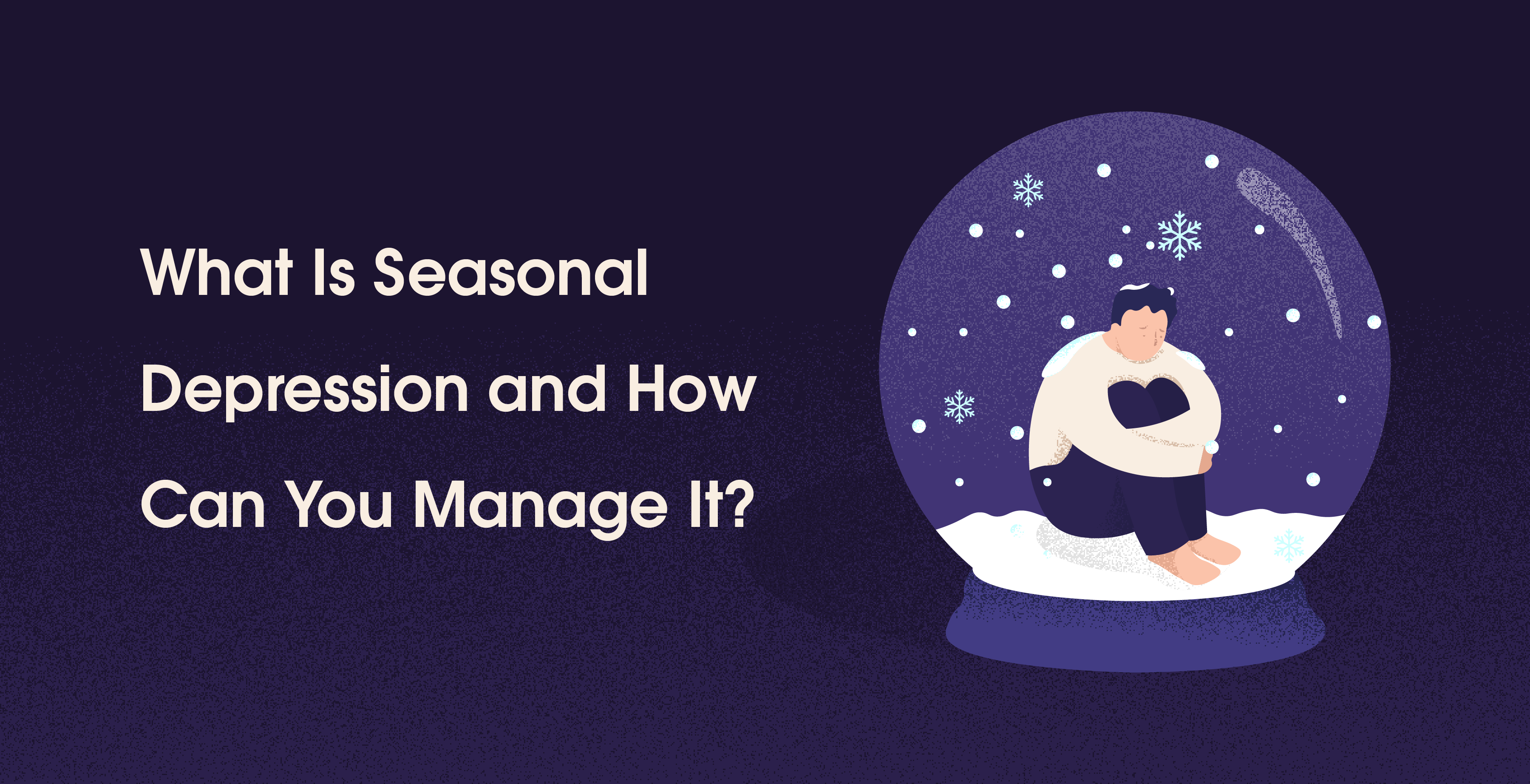How the Food You Eat Affects Your Mental Health
Oct 11, 2024
Sayfali Rawlani



Table Of Contents
It’s easy to overlook how much food shapes our lives. We often think about what we eat in terms of physical health—weight, energy levels, maybe even longevity—but how often do we consider the impact on our mental health? The truth is, what you put in your body can influence your mood, memory, and even how you handle stress. Yep, your diet can make or break your mental wellness. Let’s dig into this connection and see what’s really going on inside your brain when you reach for that bag of chips or a smoothie.
Highlights
What you eat affects your mood, memory, and stress levels.
Your gut produces 90% of your body’s serotonin, which plays a key role in mood regulation.
Sugary snacks give a quick energy boost but lead to crashes, affecting your mood negatively.
While comforting at first, processed foods can leave you feeling sluggish and down.
Leafy greens, berries, nuts, and seeds can improve your mood and mental clarity.
Dark chocolate, green tea, and turmeric can help lower stress and improve your mood.
Sharing meals with others fosters connection and positively impacts mental well-being.
The Gut & Brain Connection
Ever heard someone say they have a “gut feeling” about something? Turns out, they’re not just being poetic. There’s actual science behind that! Your gut and brain are linked by something called the vagus nerve, which allows for constant communication between the two. In fact, the gut is often called the “second brain” because it has its own set of neurons and produces many of the same neurotransmitters, like serotonin. Nearly 90% of the body’s serotonin—a chemical that influences mood—is made in the gut.
What this means is that a healthy gut can lead to a healthier mind. When your gut is balanced with good bacteria (thanks to a diet rich in fiber, fruits, and veggies), you’re more likely to feel upbeat and positive. But when things are off down there, it can mess with your mood. It's almost like your stomach and brain are having their own conversation, and if one’s unhappy, the other isn't far behind.
Sugar and Mood Swings
Let’s talk sugar. You know that burst of energy (and happiness) you get after devouring a sugary snack? Yeah, that doesn’t last long, does it? Sugar gives you a quick high but sends you crashing down just as fast. This can mess with your mood big time. The spike in blood sugar is like a jolt to your system, making you feel jittery or anxious, and the drop that follows can leave you feeling tired and cranky.
Eating too much refined sugar has even been linked to higher chances of developing depression and anxiety. So while that piece of cake might cheer you up in the moment, the long-term effects on your mental health might not be worth it. Instead, reaching for complex carbs, like whole grains or oats, can keep your blood sugar steady and your mood more balanced.
The Comfort Food Trap – Is It Helping or Hurting?
Who doesn’t love comfort food? After a bad day, curling up with a big bowl of mac and cheese or a tub of ice cream feels like a warm hug. But here’s the kicker—while these foods might make you feel good initially, they can actually fuel a cycle of feeling down. Many comfort foods are high in unhealthy fats, processed ingredients, and simple carbs, which can leave you feeling sluggish and low after the initial joy wears off.
On the flip side, foods rich in nutrients like omega-3s—think salmon, walnuts, and flaxseeds—have been shown to improve brain function and mood. It’s like choosing to feed your brain with top-tier fuel instead of junk that drags you down. You can still have your comfort food, but maybe mix in some healthy options too, like adding avocado to your toast or nuts to your dessert.
Brain Foods for a Happier Mind
Ever heard the saying, “You are what you eat”? When it comes to your brain, this couldn’t be more true. Certain foods are packed with nutrients that are like brain boosters, making you feel sharper, more focused, and generally in a better headspace. For example:
Leafy greens like spinach and kale are rich in folate, a B-vitamin linked to lower rates of depression.
Berries are high in antioxidants that help fight brain inflammation, which can lead to mood disorders.
Nuts and seeds are full of magnesium, a mineral that plays a key role in regulating mood.
Incorporating these into your daily diet can be a simple way to take care of your mental health without even thinking too much about it.
The Stress-Busting Power of Food
When you’re stressed out, your body’s natural response is to crave high-fat, high-sugar foods. It’s like your body is trying to build up energy reserves to fight off danger (even if that danger is just an inbox full of emails). But here's the rub—feeding those cravings can backfire. Eating junk when you’re stressed can lead to an energy crash, leaving you feeling even worse than before.
Instead, lean into foods that help your body manage stress. Dark chocolate (in moderation!) has been shown to reduce levels of cortisol, the stress hormone. Green tea is full of L-theanine, an amino acid that promotes calmness. And let’s not forget about turmeric—its anti-inflammatory properties can give your brain a much-needed chill pill.
Food, Mental Health, and Social Connection
Beyond nutrients, food has another powerful role to play—it brings people together. Think about the last time you shared a meal with family or friends. Chances are, you felt more relaxed, more connected, and maybe even happier. That’s because sharing meals fosters social bonds, which are essential for mental health. Humans are social creatures, and something as simple as eating together can combat feelings of loneliness or isolation.
So, not only does what you eat matter, but how and with whom you eat can make a difference too.
Food for Thought
It’s kind of wild to think that what you put on your plate can shape how you feel inside your head. But it’s true. The connection between food and mental health is real, and it’s something worth paying attention to. By making small changes to your diet—swapping out sugary snacks for nutrient-rich foods, or choosing a wholesome meal over processed junk—you might find that your mind feels clearer, your mood brighter, and your stress more manageable.
Next time you’re about to grab something to eat, take a second to think about how it might make you feel—not just in the moment, but in the long run. It’s all connected.
References
It’s easy to overlook how much food shapes our lives. We often think about what we eat in terms of physical health—weight, energy levels, maybe even longevity—but how often do we consider the impact on our mental health? The truth is, what you put in your body can influence your mood, memory, and even how you handle stress. Yep, your diet can make or break your mental wellness. Let’s dig into this connection and see what’s really going on inside your brain when you reach for that bag of chips or a smoothie.
Highlights
What you eat affects your mood, memory, and stress levels.
Your gut produces 90% of your body’s serotonin, which plays a key role in mood regulation.
Sugary snacks give a quick energy boost but lead to crashes, affecting your mood negatively.
While comforting at first, processed foods can leave you feeling sluggish and down.
Leafy greens, berries, nuts, and seeds can improve your mood and mental clarity.
Dark chocolate, green tea, and turmeric can help lower stress and improve your mood.
Sharing meals with others fosters connection and positively impacts mental well-being.
The Gut & Brain Connection
Ever heard someone say they have a “gut feeling” about something? Turns out, they’re not just being poetic. There’s actual science behind that! Your gut and brain are linked by something called the vagus nerve, which allows for constant communication between the two. In fact, the gut is often called the “second brain” because it has its own set of neurons and produces many of the same neurotransmitters, like serotonin. Nearly 90% of the body’s serotonin—a chemical that influences mood—is made in the gut.
What this means is that a healthy gut can lead to a healthier mind. When your gut is balanced with good bacteria (thanks to a diet rich in fiber, fruits, and veggies), you’re more likely to feel upbeat and positive. But when things are off down there, it can mess with your mood. It's almost like your stomach and brain are having their own conversation, and if one’s unhappy, the other isn't far behind.
Sugar and Mood Swings
Let’s talk sugar. You know that burst of energy (and happiness) you get after devouring a sugary snack? Yeah, that doesn’t last long, does it? Sugar gives you a quick high but sends you crashing down just as fast. This can mess with your mood big time. The spike in blood sugar is like a jolt to your system, making you feel jittery or anxious, and the drop that follows can leave you feeling tired and cranky.
Eating too much refined sugar has even been linked to higher chances of developing depression and anxiety. So while that piece of cake might cheer you up in the moment, the long-term effects on your mental health might not be worth it. Instead, reaching for complex carbs, like whole grains or oats, can keep your blood sugar steady and your mood more balanced.
The Comfort Food Trap – Is It Helping or Hurting?
Who doesn’t love comfort food? After a bad day, curling up with a big bowl of mac and cheese or a tub of ice cream feels like a warm hug. But here’s the kicker—while these foods might make you feel good initially, they can actually fuel a cycle of feeling down. Many comfort foods are high in unhealthy fats, processed ingredients, and simple carbs, which can leave you feeling sluggish and low after the initial joy wears off.
On the flip side, foods rich in nutrients like omega-3s—think salmon, walnuts, and flaxseeds—have been shown to improve brain function and mood. It’s like choosing to feed your brain with top-tier fuel instead of junk that drags you down. You can still have your comfort food, but maybe mix in some healthy options too, like adding avocado to your toast or nuts to your dessert.
Brain Foods for a Happier Mind
Ever heard the saying, “You are what you eat”? When it comes to your brain, this couldn’t be more true. Certain foods are packed with nutrients that are like brain boosters, making you feel sharper, more focused, and generally in a better headspace. For example:
Leafy greens like spinach and kale are rich in folate, a B-vitamin linked to lower rates of depression.
Berries are high in antioxidants that help fight brain inflammation, which can lead to mood disorders.
Nuts and seeds are full of magnesium, a mineral that plays a key role in regulating mood.
Incorporating these into your daily diet can be a simple way to take care of your mental health without even thinking too much about it.
The Stress-Busting Power of Food
When you’re stressed out, your body’s natural response is to crave high-fat, high-sugar foods. It’s like your body is trying to build up energy reserves to fight off danger (even if that danger is just an inbox full of emails). But here's the rub—feeding those cravings can backfire. Eating junk when you’re stressed can lead to an energy crash, leaving you feeling even worse than before.
Instead, lean into foods that help your body manage stress. Dark chocolate (in moderation!) has been shown to reduce levels of cortisol, the stress hormone. Green tea is full of L-theanine, an amino acid that promotes calmness. And let’s not forget about turmeric—its anti-inflammatory properties can give your brain a much-needed chill pill.
Food, Mental Health, and Social Connection
Beyond nutrients, food has another powerful role to play—it brings people together. Think about the last time you shared a meal with family or friends. Chances are, you felt more relaxed, more connected, and maybe even happier. That’s because sharing meals fosters social bonds, which are essential for mental health. Humans are social creatures, and something as simple as eating together can combat feelings of loneliness or isolation.
So, not only does what you eat matter, but how and with whom you eat can make a difference too.
Food for Thought
It’s kind of wild to think that what you put on your plate can shape how you feel inside your head. But it’s true. The connection between food and mental health is real, and it’s something worth paying attention to. By making small changes to your diet—swapping out sugary snacks for nutrient-rich foods, or choosing a wholesome meal over processed junk—you might find that your mind feels clearer, your mood brighter, and your stress more manageable.
Next time you’re about to grab something to eat, take a second to think about how it might make you feel—not just in the moment, but in the long run. It’s all connected.
References
Table Of Contents
Table Of Contents
Table Of Contents
Read More


Mar 28, 2025
Sayfali Rawlani


Feb 6, 2025
Sayfali Rawlani


Jan 28, 2025
Sayfali Rawlani



Company
Copyright © 2025 trst health. All right reserved.

